SOHR states another 140 Turkish-backed mercenaries left Libya for Syria via Turkey Nov. 16.
Nov. 16, Khalifa Haftar, Seif al-Islam Gadhafi announce candidacy application for Presidential elections.
Nov. 21, Libya PM Al-Dbeibah registers as presidential candidate amidst controversies over his eligibility.
NATIONAL SECURITY
- The National Emergency Management Agency of Nigeria (NEMA) announced the reception of a total of 95 Nigerians, who voluntarily returned to home after being stranded in Libya. The migrants arrived at Murtala Muhammed International Airport (MMIA) Nov. 16, 16 November. Their flight was organised by the International Organization for Migration (IOM), NEMA said that among the returnees were 60 men, 29 women, three children, and one woman and her two infants;
- The Syrian Observatory for Human Rights (SOHR) stated that a batch of 140 Turkish-backed mercenaries left Libya for Syria, via Turkey Nov. 16. According to SOHR sources, the returning mercenaries belong to the Sultan Murad and Al-Hamza militias, as well as various other groups.
NATIONAL POLITICS AND SOCIAL ISSUES
- Nov. 21, Libya’s interim prime minister Al-Dbeibah registered as a presidential candidate, beaking a pledge that current holders of office in the interim government would not seek election so as not to abuse their position. Moreover, Dbeibah’s eligibility as a candidate is disputed, since per the law in force, all candidates should resign from their political or military positions three months prior to the election day;
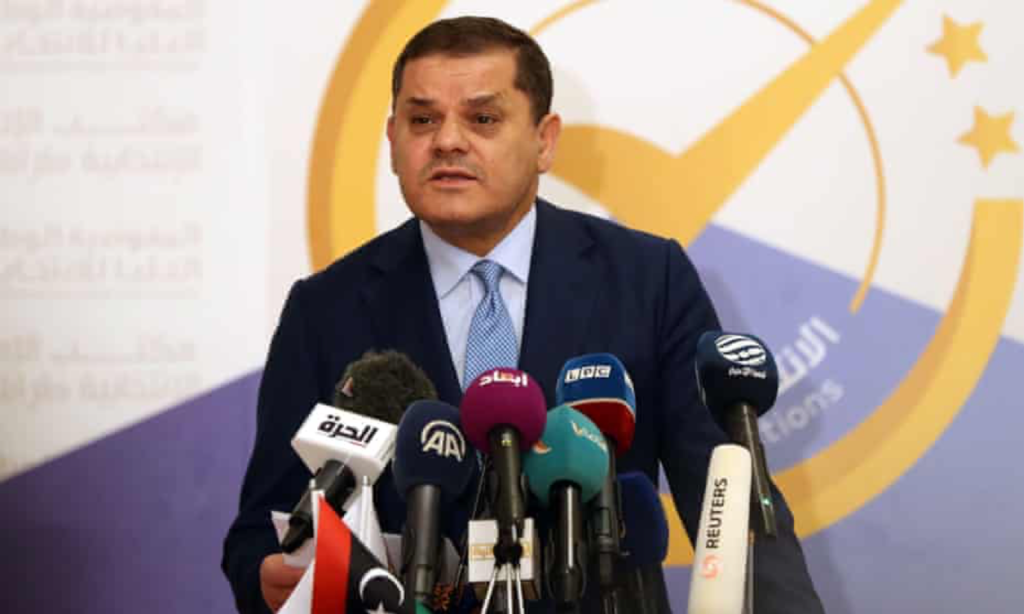
- Nov. 20, presidential candidate, Saif Al-Islam Gaddafi renewed a call on Libyans to receive their electoral cards, “in order for Libya to restore its national sovereignty and free will, preserve its unity, and move towards building and making up for its losses.” Earlier Nov. 17, Gaddafi had called on citizens to turn up to the elections “with responsibility necessitated by the gravity of the stage.”;
- Nov. 20, Head of Libya’s High Council of State (HCS), Khaled Al-Mishri renewed his rejection of the country’s election laws. He called for the elections to be postponed, “because they represent the point of view of one party, and ignore the others.” Al-Mishri revealed that the HCS will present a proposal to hold be the first round of Presidential elections on February 15, 2022, coinciding with the Parliamentary elections. He also called for the adoption of a biometric electoral system that relies on fingerprints and face scan, as well as the installation of surveillance cameras in all electoral stations to prevent fraud;
- Nov. 16, Field Marshal Khalifa Haftar announced he will run for the 24 December Presidential elections in Libya, describing them as the only way out of the country’s crisis. Khalifa Haftar said in a televised speech that “the country stands at a crossroads of two paths. The first is the path of freedom, peace, and progress, whilst the second path is conflict and corruption. You are the ones who can determine the path you want.”;
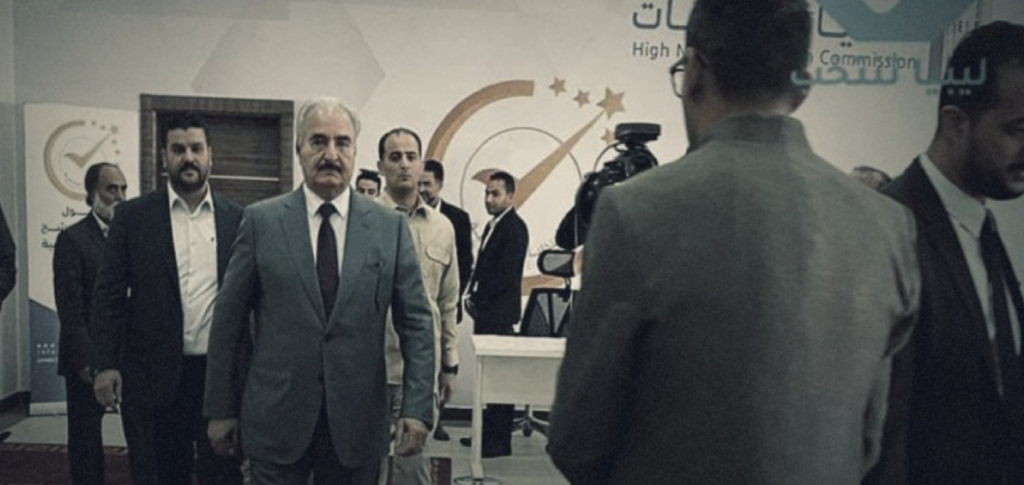
- A group of armed militias in the western town of Zawiya announced their rejection of the candidacy of late Libyan leader Muammar Gaddafi’s son Saif Al-Islam, threatening a return to civil war. Earlier today, the High National Elections Commission (HNEC) announced that Saif Al-Islam submitted his candidacy for the Presidential elections in the southern town of Sebha, 650km south of Tripoli.
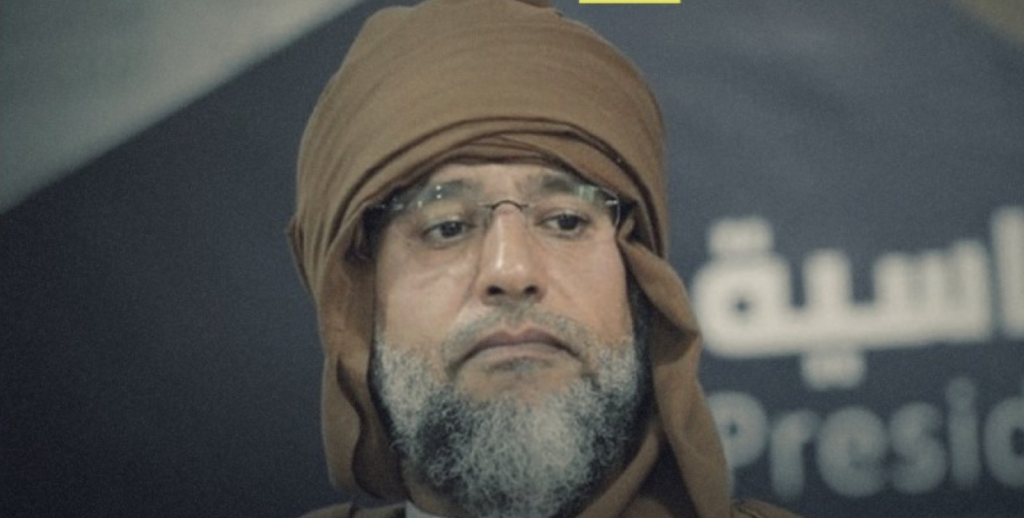
INTERNATIONAL RELATIONS
- Nov. 20, Italian leftist parliamentarian, Erasmo Palazzotto called for stopping the support of his country’s authorities to the Libyan coast guard, explaining that the Libyan coast guard is working to “intimidate NGOs during rescue operations” in the Mediterranean waters;
- Nov. 20, Russian Foreign Minister, Sergey Lavrov held talks with the Chairman of the African Union Commission, Moussa Faki on the latest developments in Libya, Sudan, and the Sahel region. In a joint press conference with Faki in Moscow, Lavrov said that Russia’s relations with the African Union, “are developing in various fields.” This is confirmed by the first summit between Russia and Africa in October 2019 in Sochi;
- Nov. 20, the Head of the Sudan Liberation Movement, (SLA), Minni Arko Minnawi, denied the presence of any forces affiliated with his movement in Libya. Darfur 24 news quoted Minnawi saying that all his forces “are present in Sudan’s Darfur only.” Minnawi urged the Sudanese government to cooperate with the international community to “withdraw any Sudanese forces present on Libyan soil.”;
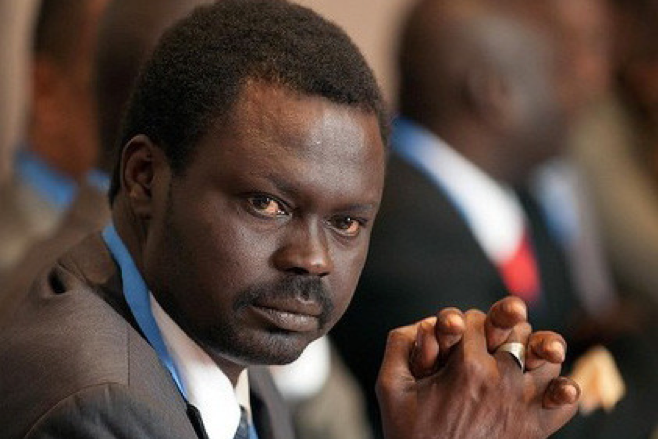
- Nov. 19, Libyan Minister of Foreign Affairs, Najla Al-Mangoush met her Bahraini counterpart, Abdullatif bin Rashid Al Zayani in Manama. They discussed the latest developments in Libya, and the ongoing efforts to achieve security and stability. This comes on the sidelines of Al-Mangoush’s participation in the seventeenth session of the Manama Dialogue Conference;
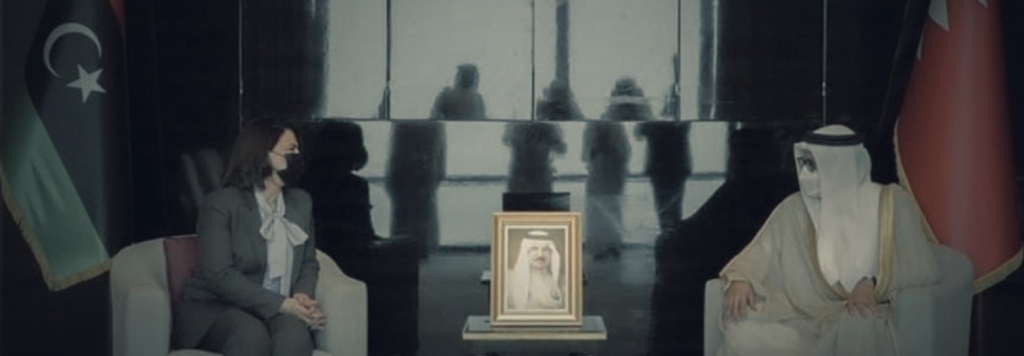
- The Foreign Ministers of Greece, France, Cyprus, and Egypt will be meeting on Friday in Athens to discuss the Libyan situation, the latest developments in the eastern Mediterranean region, and the Cyprus Issue. Greek Foreign Minister, Nikos Dendias, Cyprus’ Nikos Christodoulides, Egypt’s Sameh Shoukry and France’s Jean-Yves Le Drian will examine potential cooperation in the energy sector while international challenges such as the pandemic, migration, and climate change are also expected to be discussed;
- Nov. 17, the US Ambassador to Libya, Richard Norland visited Tripoli to focus on the approaching Presidential elections set for 24 December. During his visit, Norland held a meeting with the Deputy Head of the Presidential Council, Mousa Al-Koni to review the government’s efforts in support of the elections. He affirmed that the coming polls will be the first of their kind in Libya’s history;
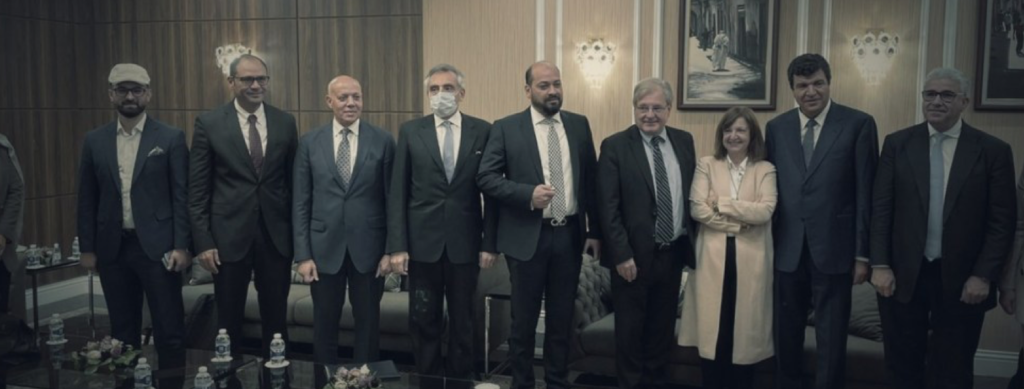
- Nov. 18, Turkish Minister of Foreign Affairs, Mevlut Cavusoglu said France had no right to comment on Turkey’s military presence in Libya. In a press conference, he claimed that French President, Emmanuel Macron’s call for all Turkish, and Turkish-backed forces to withdraw from Libya is “disrespectful to the sovereignty of Turkey and Libya.” President Macron pointed out that the presence of mercenaries threatens stability and security of the country, and the entire region;
- Nov. 16, Tunisian Foreign Minister, Othman Al-Jerandi affirmed his firm support for Libya and for an “inter-Libyan solution that preserves its territorial integrity, and maintains the capabilities of its brotherly people.” This came during Al-Jerandi’s participation in the 17th Foreign Ministers meeting of the Common Market for Eastern and Southern Africa (COMESA), which was held virtually Nov. 16;
- Nov. 15, Egyptian Foreign Minister, Sameh Shoukry held a meeting with the visiting Deputy Head of Libya’s Presidential Council, Mousa Al-Koni in Cairo. The two discussed the latest developments in Libya, and ongoing preparations for holding the Parliamentary and Presidential elections as scheduled in December;
- Nov. 16, Italy Foreign Minister, Luigi Di Maio said he was convinced “that there can be no stability in the Sahel without complete stability in Libya.” Addressing the European Foreign Affairs Council in Brussels, the Italy FM stressed “the utmost importance of containing the terrorist threat in the region from the coast to the Gulf of Guinea. It is necessary to strengthen our commitment to help the riparian countries in West Africa.”
- Nov. 15, the Deputy Head of Libya’s Presidential Council (PC), Mousa Al-Koni held talks with the Secretary-General of the Arab League, Ahmed Aboul Gheit in Cairo. They discussed the ongoing preparations for holding the Parliamentary and Presidential elections as scheduled in December. In press statements, Al-Koni added that he had discussed enhancing coordination with the Arab League to mobilize support for the elections, explaining that the League will play a pivotal role in Libya;
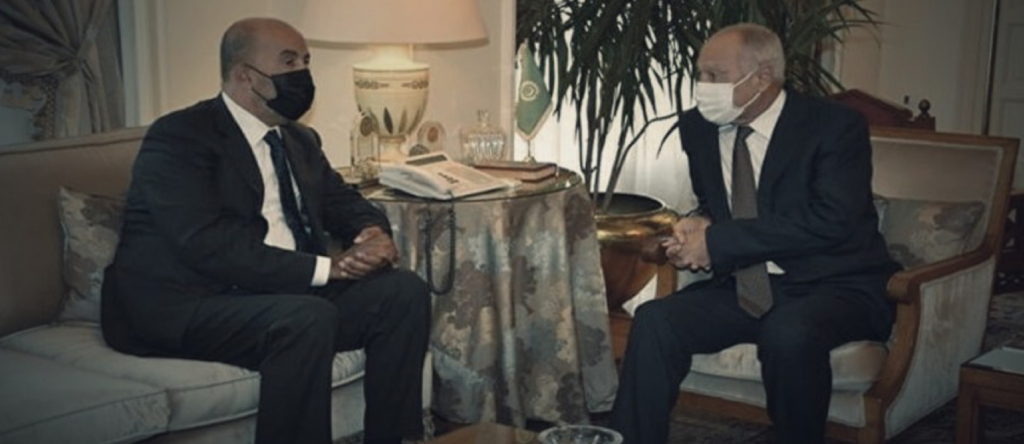
- The Egypt Foreign Minister, Sameh Shoukry, held talks with his Emirati counterpart, Sheikh Abdullah bin Zayed Al Nahyan, on the sidelines of the 12th annual ‘Sir Bani Yas’ Forum, organized by the United Arab Emirates’ (UAE) Ministry of Foreign Affairs. During the talks, Shoukry and bin Zayed underlined the importance of working towards the next stage in order to enhance areas of economic and trade cooperation.























